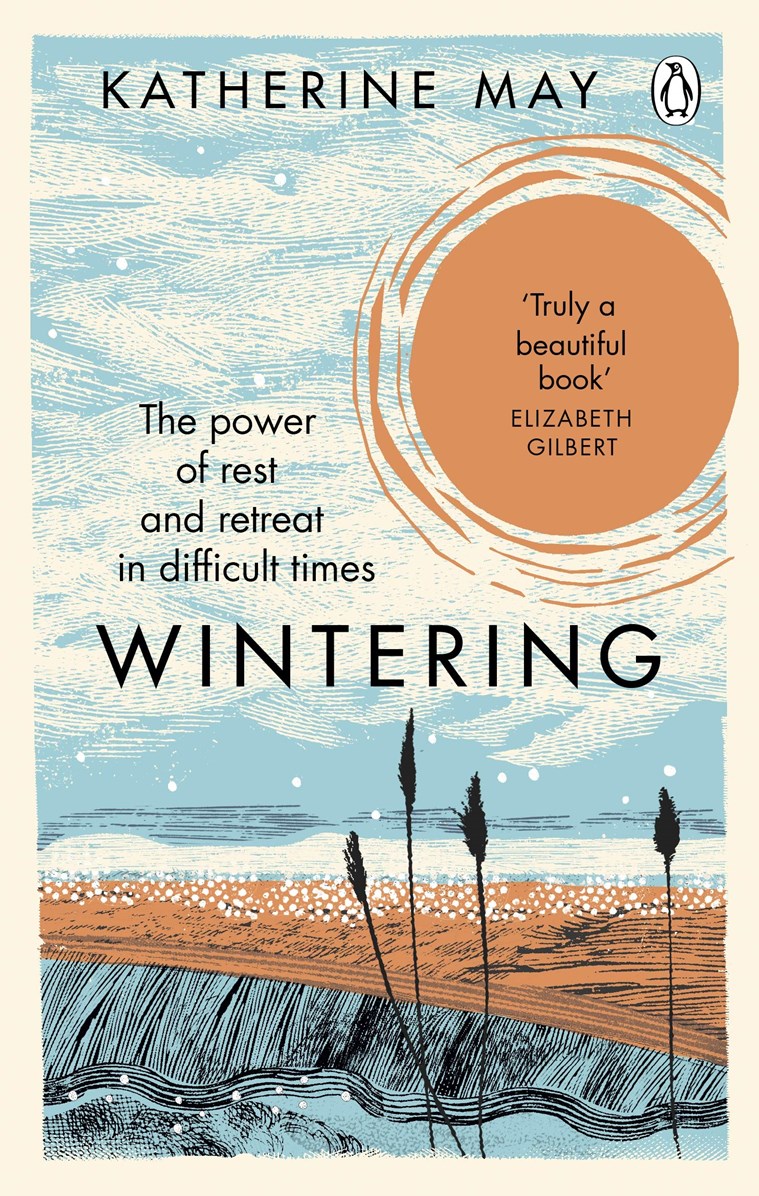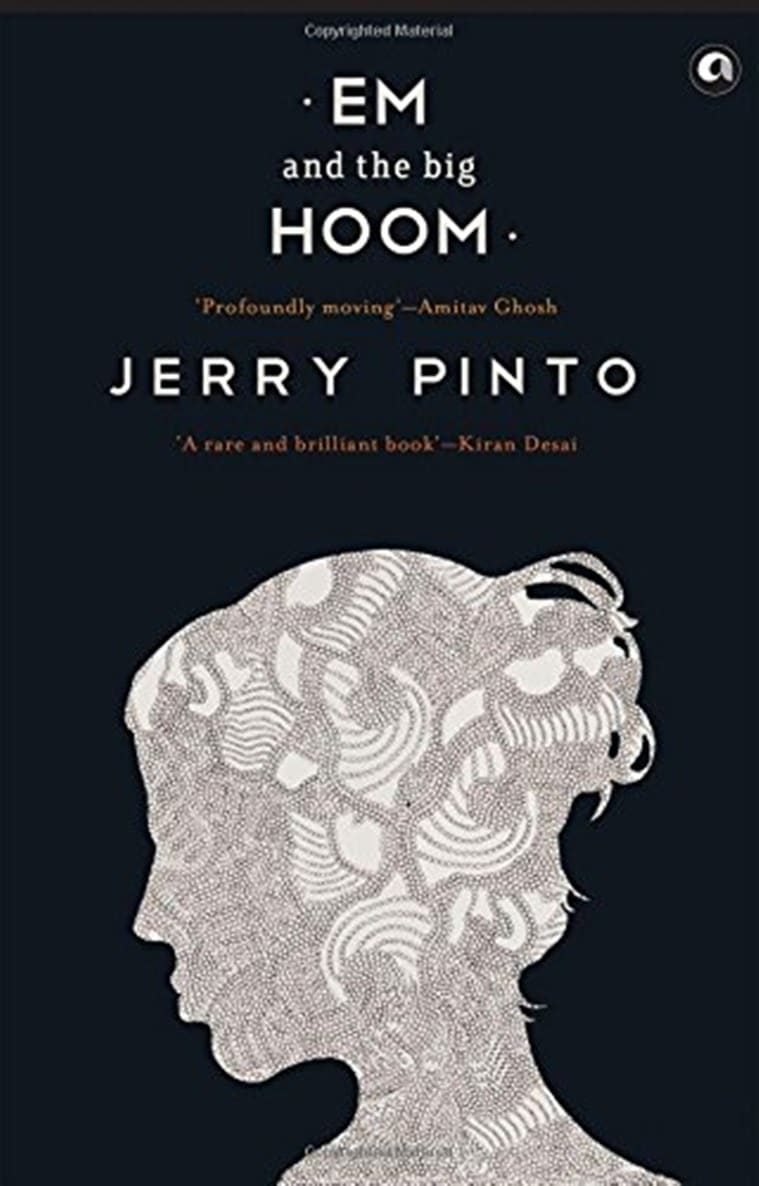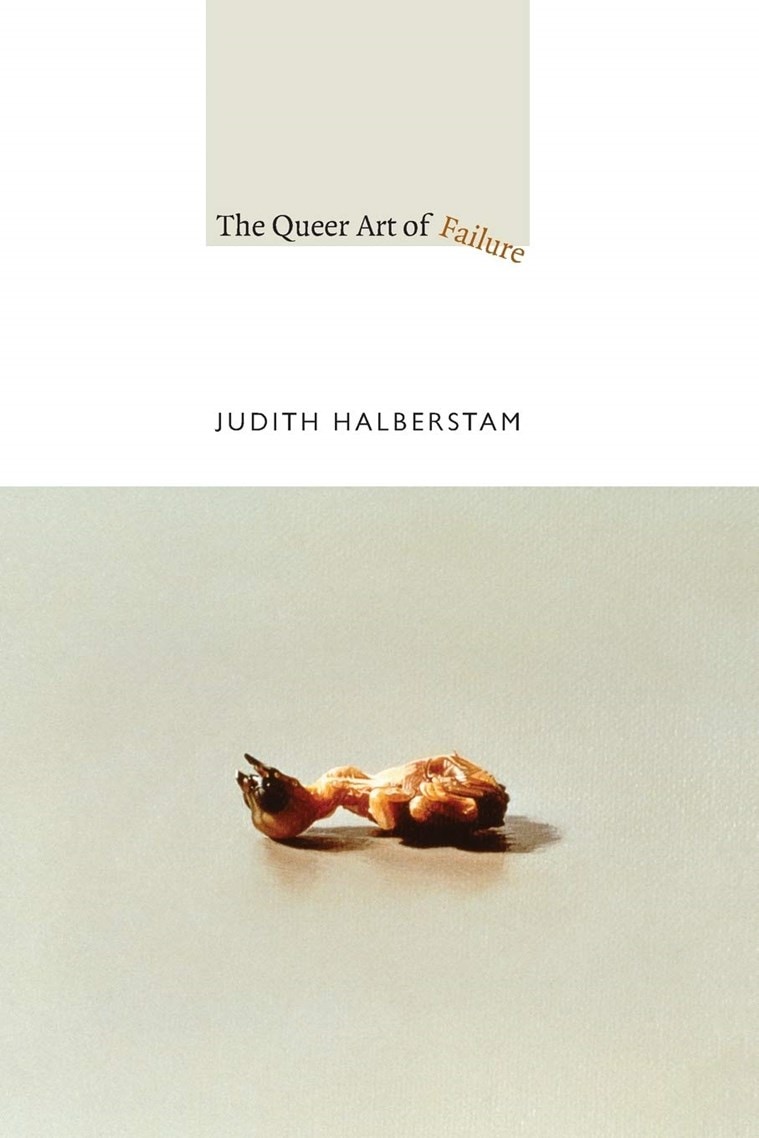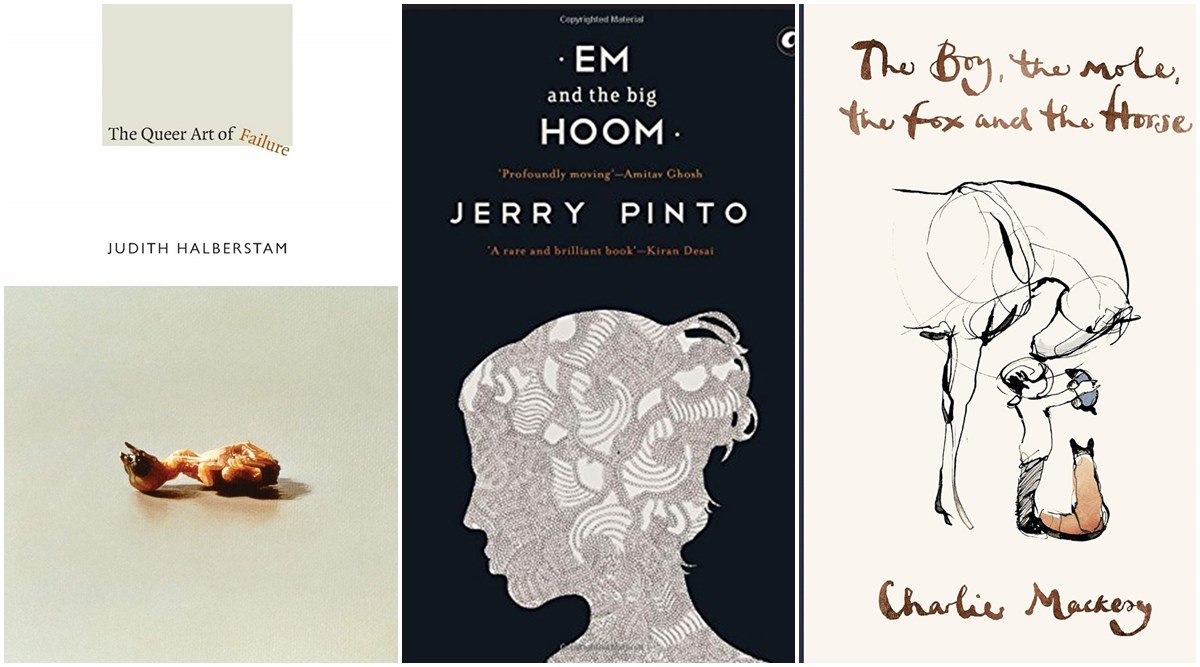Ann PhiliposePsychologist
Recommendations:

 Joan Didion’s Year of Magical Thinking (Source: Amazon.in)
Joan Didion’s Year of Magical Thinking (Source: Amazon.in)
What happens with grief is that you’re at a loss for words, there is stuckness, and there is difficulty in expressing what you’re feeling. So I often recommend books that can help facilitate some kind of verbalization.
There are two books in particular that have been written very beautifully, and both by people who have experienced death, loss, and grief. The first one is Joan Didion’s Year of Magical Thinking (2005). Didion talks about grief quite viscerally. Her husband passes away quite suddenly, and she writes about things like not giving away his shoes or being in the same city in case he comes back. There is a fantasy building that takes place. She writes about there being guilt, disbelief, and re-doing conversations in her head. I mean, what is grief? It’s love that is trapped in your body, and it’s such a universal experience. And she captures all of that in her writing.
In case you missed | Books to help take your mind off the news
The second book, a much shorter one, is Chimamanda Ngozi Adichie’s Notes on Grief (2021). She writes about the loss of her dad who she really adores, and just how raw and physical that pain is. Her sides are hurting, she wants to scream, and she wants to tell the world to go away. She writes about not wanting to share that pain. Both these books capture a whole range of emotions as far as grief is concerned.
When I recommend these books to clients, they often come back with pages marked and they’ll say, ‘When she said this, this is what I’ve been trying to say. I’m feeling this.’ So it allows you to put words where you may find none, because not everybody is verbal.
**********
 Sonali GuptaPsychologist, and author of Anxiety: Overcome it and Live Without Fear (2020)
Sonali GuptaPsychologist, and author of Anxiety: Overcome it and Live Without Fear (2020) Wintering: The Power of Rest and Retreat in Difficult Time by Katherine May (Source: Amazon.in)
Wintering: The Power of Rest and Retreat in Difficult Time by Katherine May (Source: Amazon.in)
Recommendations:
So I recommend books all the time, because I read books, and I find them massively therapeutic and incredibly resourceful.
Lately, I have been recommending this book called Wintering: The Power of Rest and Retreat in Difficult Time by Katherine May (2020). For some people who are going through transition in the context of either grief or a difficult phase, I feel that the book is magical and works really well. I also do a lot of couples work, so in that context I often recommend The Seven Principles for Making Marriage Work by John Gottman and Nan Silver (1999).
I also recommend a lot of picture books to adults. For example, one book I recommend all the time to people is The Heart and the Bottle by Oliver Jeffers (2010). For me, the book does a beautiful job of helping people understand how it’s not a good idea to numb their feelings, whether they do it consciously or unconsciously. The book does a really good job of showing what happens to us, when we bottle up what we have been feeling. Because when we bottle up sadness, we also bottle up happiness, right?
Similarly, another picture book I often end up recommending is The Rabbit Listened by Cori Doerrfeld (2018). The book is deeply healing, especially from a caregiver’s perspective. Like say if you have a child who is going through depression, or if you have a family member who’s really struggling.
Both these books are really simply written, and they say the simplest things in ways that human beings often forget. They forget that sometimes the simplest truths are right in front of them.
**********
Mehar MakkarTherapist, Kaha Mind
Recommendations:
 The Boy, The Mole, The Fox and The Horse by Charlie Mackesy (Source: Amazon.in)
The Boy, The Mole, The Fox and The Horse by Charlie Mackesy (Source: Amazon.in)
I find that books are often a very helpful supplement to the work we do in therapy because they help to strengthen some of the ideas we talk about in therapy and they allow clients to explore these ideas at their own pace.
One book that I find to be quite helpful is actually a children’s picture book. The book is The Boy, The Mole, The Fox and The Horse by Charlie Mackesy (2019). In very simple ways, it communicates lessons about life and the importance of companionship, being kind to yourself and others around you, as well as dealing with tough emotions. I love how this book communicates these ideas in a very simple, yet a very powerful way. It might be surprising that therapists would recommend children’s picture books even to adults but sometimes there are these valuable lessons in these books that do not necessarily have to be written by a psychologist.
In case you missed | 7 experts on the books they wish people read more to understand India’s caste history and politics
I also recommend books by Brené Brown (The Gifts of Imperfection (2010); Daring Greatly (2012)), who talks a lot about self-compassion and vulnerability in her work. She talks about living more authentic lives, keeping our emotions at the center, and how that can help us to cultivate better relationships as well. I think these are themes that come up very often in therapy work, irrespective of the concerns that people start off with. So I find Brown’s approach to self-work quite helpful. She also speaks from her personal experience which makes her work more relatable and powerful.
Maybe You Should Talk to Someone by Lori Gottlieb (2019) is another book which is a good starter for someone who wants to know more about what therapy can look like, and also to understand the perspective of therapists and their personal journey. It’s a super light and fun read too!
**********
Mahesh NatarajanPsychologist
Recommendations:
 Jerry Pintos’ Em and the Big Hoom (Source: Amazon.in)
Jerry Pintos’ Em and the Big Hoom (Source: Amazon.in)
For people who are living with schizophrenic family members, I have sometimes recommended Jerry Pintos’ Em and the Big Hoom (2012). Its auto-biographical, and written with a lot of love and empathy. So I find that it helps people connect deeply with the idea of living with somebody who has mental health issues, while loving them. So it talks about those things, including mental health episodes where somebody needs to be hospitalized. So it’s useful from those perspectives, and because it’s in an Indian context you find it a lot more relatable for people rather than books from a western space.
Most Read 1Angelo Mathews timed out; why was Sourav Ganguly not timed out even when he came out to bat once after 6 minutes? 2Karisma Kapoor recalls Aamir Khan’s perfectionism during Andaz Apna Apna shoot: ‘He was placing the salt and pepper and fixing the plate’ 3‘Emotional’ Amitabh Bachchan recalls Dhirubhai Ambani offering monetary help during bankruptcy: ‘Iska bura waqt hai…’ Watch throwback video 4Leo box office collection day 18: Third Sunday of Vijay starrer less than Jailer, but film ahead of Rajinikanth’s blockbuster so far 5Alia Bhatt, Ranbir Kapoor post pictures with daughter Raha on her birthday, pen emotional note: ‘Our joy, our life’In case you missed | The Reading Room: 8 experts on the best books on the BJP
Another book that I have recommended in the past is Don’t Sweat the Small Stuff and It’s All Small Stuff by Richard Carlson (1997). This is a collection of ‘100 meditations’ that talk about being grateful for the small stuff in life, literally. It’s a very easy read, and focuses on having gratitude in life, and forgiveness towards so many different things.
**********
Shelja SenNarrative therapist, writer, and co-founder of Children First Institute of Child & Adolescent Mental Health
Recommendations:
Also ReadFive poets to read from Palestine and IsraelSaadat Hasan Manto: Remembering the literary legacy of the playwright and…‘Nuts & Bolts’: Book discusses seven inventions that changed the worldFive books to read on the Israel-Palestine conflict The Queer Art of Failure by Jack Halberstam (Source: Amazon.in)
The Queer Art of Failure by Jack Halberstam (Source: Amazon.in)
In my conversations in therapy space, workshops and community work I am really curious to gather the know-how and lived experiences of people I work with. Three of my books (All You Need is Love (2015); Imagine (2017); Reclaim Your Life (2018)) are curations of this collective wisdom. Apart from these books, I would recommend Retelling Stories of Our Lives by David Denborough (2014), Crazy Like Us by Ethan Watters (2010) and The Queer Art of Failure by Jack Halberstam (2011). These wonderful books question the dominant discourses on mental health that promote and reproduce damaging social practices like marginalization, isolation and normative judgements. Instead, they acknowledge people’s rich multiple stories, invite agency, meaning making and sense of solidarity.
(Compiled by Shashank Bhargava)
© The Indian Express Pvt Ltd


